-
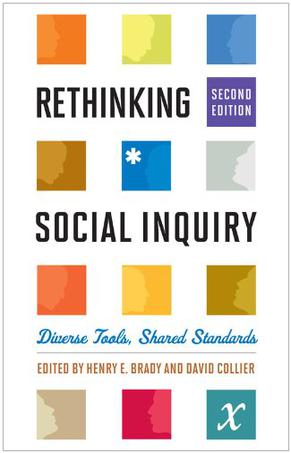
Rethinking Social Inquiry
-
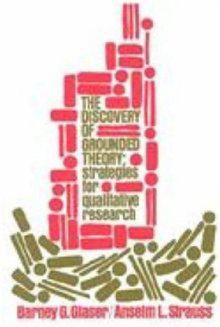
The Discovery of Grounded Theory
http://www.sociologypress.com/books/classic_series/the_discovery_of_grounded_theory.htm The seminal work on classic grounded theory methodology, co-authored by Barney G. Glaser and Anselm Strauss. CONTENT I The Discovery of Grounded Theory Part I Generating Theory by Comparative Analysis II Generating Theory III Theoretical Sampling IV From Substantive to Formal Theory V The Constant Comparative Method of Qualitative Analysis VI Clarifying and Assessing Comparative Studies Part II The Flexible Use of Data VII New Sources of Qualitative Data VIII Theoretical Elaboration of Quantitative Data Part III Implications of Grounded Theory IX The Credibility of Grounded Theory X Applying Grounded Theory XI Insight and Theory Development Epilogue Index -

Explaining Social Behavior
This book is an expanded and revised edition of the author's critically acclaimed volume Nuts and Bolts for the Social Sciences. In twenty-six succinct chapters, Jon Elster provides an account of the nature of explanation in the social sciences. He offers an overview of key explanatory mechanisms in the social sciences, relying on hundreds of examples and drawing on a large variety of sources-psychology, behavioral economics, biology, political science, historical writings, philosophy and fiction. Written in accessible and jargon-free language, Elster aims at accuracy and clarity while eschewing formal models. -
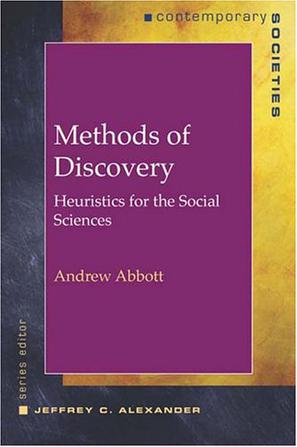
Methods of Discovery
Methods of Discovery is organized around strategies for deepening arguments in order to find the best ways to study social phenomena. This exciting book is not about the mechanics of doing social science research, but about habits of thinking that enable students to use those mechanics in new ways, by coming up with new ideas and combining them more effectively with old ones. Examples from throughout the social sciences help show how these moves can open new lines of thinking. Each chapter covers several moves and their reverses (if these exist), discussing particular examples of the move as well as its logical and theoretical structure. This book offers readers a new way of thinking about directions for their research and new ways to imagine information relevant to their research problems. -
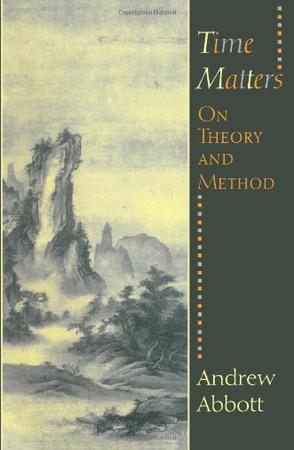
Time Matters
What do variables really tell us? When exactly do inventions occur? Why do we always miss turning points as they transpire? When does what doesn't happen mean as much, if not more, than what does? Andrew Abbott considers these fascinating questions in Time Matters, a diverse series of essays that constitutes the most extensive analysis of temporality in social science today. Ranging from abstract theoretical reflection to pointed methodological critique, Abbott demonstrates the inevitably theoretical character of any methodology. Time Matters focuses particularly on questions of time, events, and causality. Abbott grounds each essay in straightforward examinations of actual social scientific analyses. Throughout, he demonstrates the crucial assumptions we make about causes and events, about actors and interaction and about time and meaning every time we employ methods of social analysis, whether in academic disciplines, market research, public opinion polling, or even evaluation research. Turning current assumptions on their heads, Abbott not only outlines the theoretical orthodoxies of empirical social science, he sketches new alternatives, laying down foundations for a new body of social theory. -
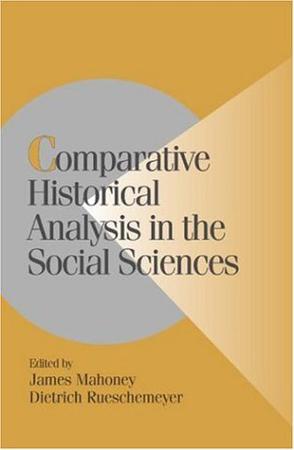
Comparative Historical Analysis in the Social Sciences
The book considers the past accomplishments and future agendas of comparative-historical research in the social sciences. It defines the distinctiveness of this type of research and explores its strengths in explaining important outcomes (e.g. revolutions, social provision, democracy) in the world. It includes sections on substantive research accomplishments, methodology, and theory, and features essays by some of the most important political scientists and sociologists currently working. This review of the accomplishments and future agendas of comparative historical research in the social sciences explores its strengths in explaining important worldwide outcomes (e.g., revolutions, social provision, democracy). It includes sections on substantive research accomplishments, methodology, and theory, and features essays by some of the most important political scientists and sociologists currently working.